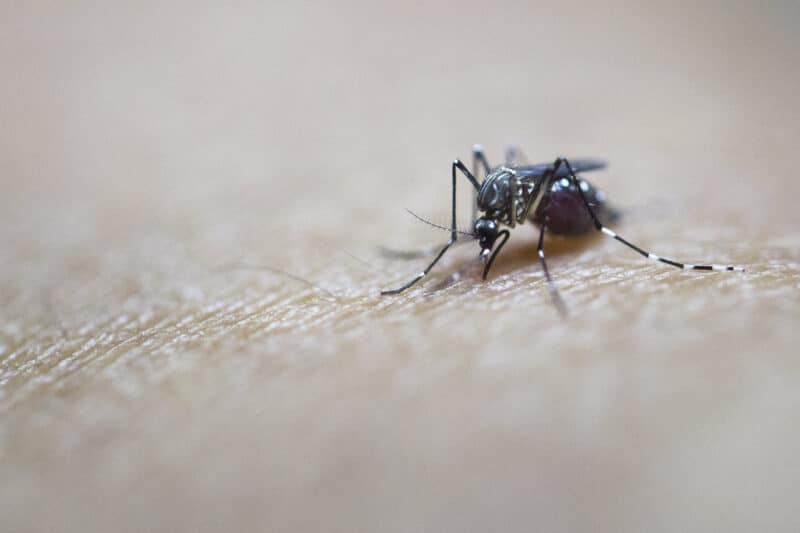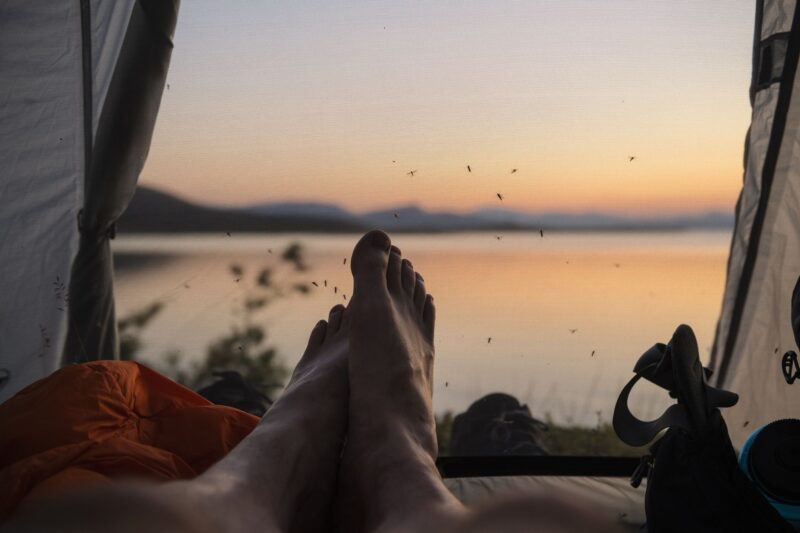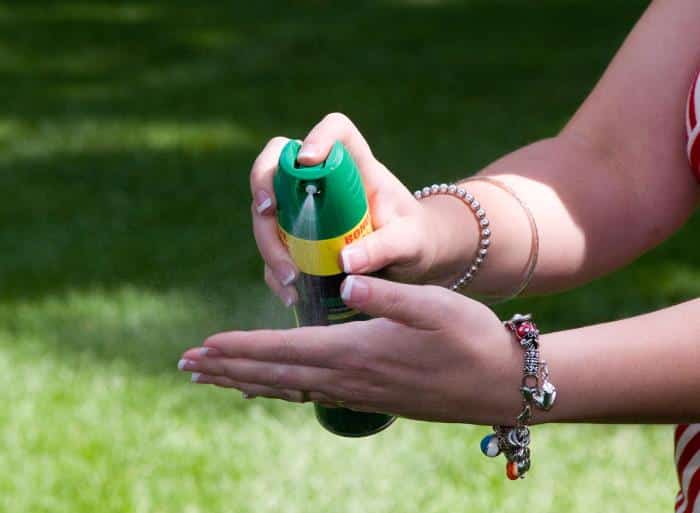Cooler temperatures are attractive to mosquitoes when it is hot. This is what scientists have observed after many years of studying the behavior of mosquitoes. These insects can transmit pathogens to animals and humans. Such illnesses are malaria, dengue, or West Nile fever. Researchers believe that predicting how mosquito populations develop. Knowing temperature affects the mosquito population can help scientists predict how the populations progress.

A Restful Four Degrees Lower
Researchers inspected the temperature preferences of mosquitoes outside the laboratory. They observed the mosquitoes in areas where they rested. Mosquitoes rest most of the time. Spatial outdoor cages contained 200 females and 100 males of the Aedes japonicus species. These mosquitoes are also known as Asian bush mosquitoes. The cages were observed on 19 different occasions.
Each spatial cage had three resting sections with cooler temperatures of 18 degrees Celsius and below. A warm temperature of about 35°C and a controlled temperature of 26°C were also provided. The temperatures were maintained during the experiment. The scientists discovered that the mosquitoes rested in the sections with cooler temperatures five times, every couple of hours.

This shows that the mosquitoes prefer the boxes with cooler temperatures to the ones that felt warmer. The event becomes more evident during daytime hours when it gets hot. But the scientists still need to know why the mosquitoes are doing this. Could they be doing it because they are trying to get rid of pathogens?
Mosquito Microclimates for Survival
Scientists believe that the temperature preferences of mosquitoes are important in predicting how they are going to spread diseases. Areas with cooler temperatures allow mosquitoes to breed and transmit diseases. This type of parameter can also help scientists predict the movements of mosquito populations when there is climate change.
How Weather Influences Mosquito Behavior
In general, mosquitoes love dry and hot weather. But the most favorable for them is wet and warm weather. But scientists found out that if the weather goes above 80 or 90 degrees, the mosquitoes get too hot and less active. That is why they seek shelter in places with cooler temperatures. It will not be surprising at all to find mosquitoes in the shade. This is where they recover from the heat and end up biting again.

The diseases that infected mosquitoes carry in hot weather are still active when they stay in cooler temperatures. They can even find it more comfortable to bite in the shade than under direct sunlight.
In lower temperatures, some mosquito species do not bite at all. They wait for cooler temperatures to fly around. While waiting, they starve. The moment they fly around again, they will be able to recover and bite. This is when the mosquitoes go on a biting spree.

Some species of mosquitoes shut down at lower temperatures of less than 10 degrees. These insects have the ability to survive cold weather. That is why it is ideal to wear the right protective clothing, even if you think you will not get bites. Applying effective repellents is important as well.